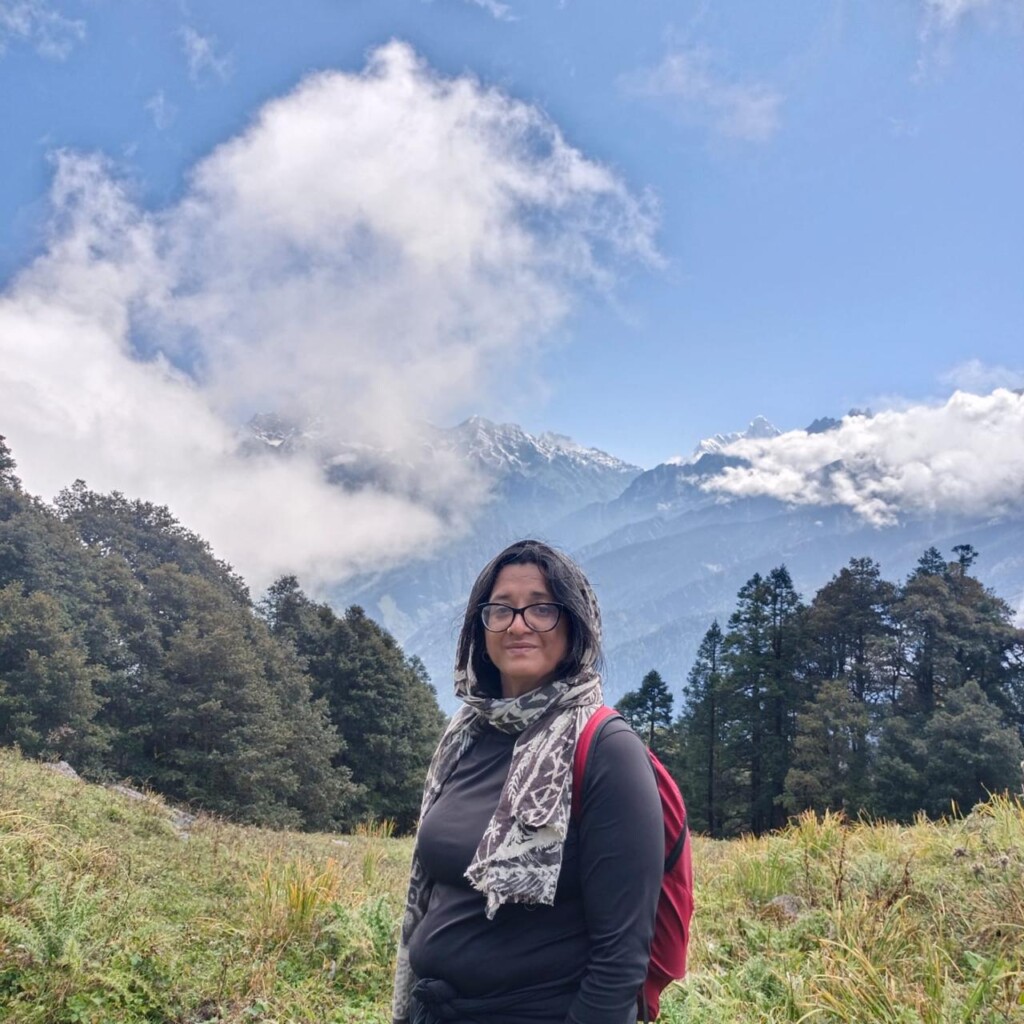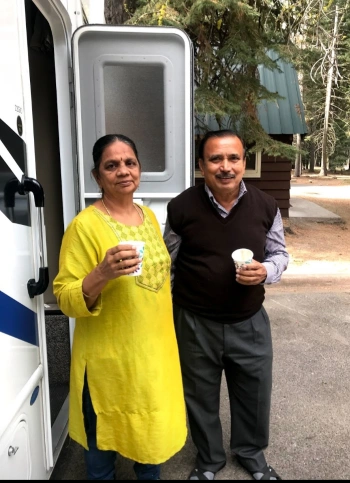It was the 1980s, when young Vijayalakshmi, all of 11 years then, was first prescribed Levodopa by her neurologist. At that time, her condition had no name and no cure. She would travel the country as her parents proactively looked for a cure. Every city she visited included two important checkpoints – a doctor and a temple.
Her early symptoms were a scissors gait and ant-like handwriting which indicated a loss of protein in the brain. This led the doctor to prescribe Vijaylakshmi with levodopa. She continued to take these tablets and lived a near-normal life.
Vijaylakshmi grew to become a qualified Chartered Accountant, got married and moved to the United Kingdom where she gave birth to two beautiful girls. Amidst all of this, her quest to give a name to her condition never stopped.
She was around 33 years old when doctors in the United Kingdom conducted a DAT-SPECT test, confirming her case of Juvenile Parkinson’s.
Juvenile Parkinson’s is very rare. Virtually all reported cases are either associated with a family history or additional neurological findings. It shows similar signs to the clinical features of idiopathic Parkinson’s (PD) but with an onset typically during adolescence.
With a name to her condition, Vijayalakshmi bounced back stronger than ever before. Her motto is simple, she says, “Accept what you have. The first step to any struggle is to accept that you have a problem, but remember that there are ways to manage it. Don’t lose hope. Your life is in your hands. Don’t unnecessarily put your body through misery.”

In 2020, Vijaylakshmi qualified for deep-brain stimulation (DBS) surgery and her PD symptoms since the surgery have remarkably lessened. Her mobility today is better than ever. At 51, Vijaylakshmi has been on two treks to the Himalayas, travels extensively and lives an active life. Moreover, she is a caregiver to her ageing parents and in-laws.
Vijaylakshmi’s case is rare in the world of Parkinson’s. Her advice to others with Parkinson’s:
- Exercise every day: Any form of physical activity and movement is highly important. (especially for people with Young-onset Parkinson’s)
- Manage mental health: People with Parkinson’s are often anxious, and this may worsen their condition. Seeking professional help is important to cope.
- Take medication: Starting treatment at the right time and ensuring timely intake of medications.


